UK food industry representatives have outlined common themes the government should consider when developing post-Brexit trade policy, including giving businesses time to adapt to trade agreements, retaining the UK’s ability to deliver high standards at competitive prices, and encouraging job creation.
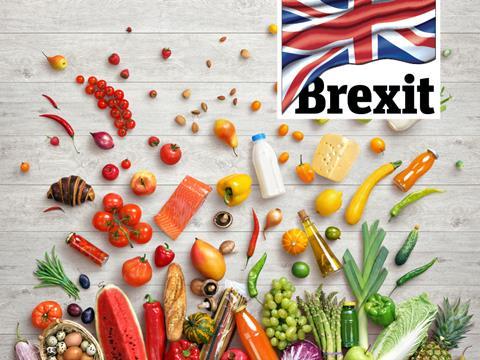
The UK is due to leave the European Union (EU) on Friday (31 January) when it will go into a transition period that is scheduled to end on 31 December 2020. During this period the UK will effectively remain in the EU’s customs union and single market, but if no trade deal has been agreed and ratified by the end of 2020, the UK faces the prospect of tariffs on exports to the EU.
A new paper aimed at shaping government policy beyond 2020 has been developed by the Food and Drink Industry Brexit Roundtable - convened by the Food and Drink Federation (FDF) - and arable and livestock stakeholder groups advising Defra.
The group’s vision is for a future UK trade policy which will drive growth, promote efficient and sustainable food production and stimulate innovation, while providing consumers and shoppers “with even greater choice and better value”.
Trade policy should maintain the “unrivalled combination” of value, safety, choice and quality within the food and drink section. “Trade policy should maintain this balance between competing priorities to ensure the continued availability of high quality, safe food at a range of price points to suit consumer and shopper demand,” the trade policy document states.
In addition, policy should continue to encourage job creation in the UK, while also supporting world-leading sustainable food production.
Ian Wright, chair of the Food and Drink Roundtable and FDF chief executive, said: “The food and drink industry is absolutely committed to working with government and the devolved administrations on the development of more detailed plans and practical solutions for our vital industry as we leave the EU.
“No industry is more uniquely placed to deliver the benefits of trade to every UK community. Together our supply chain produces, packages, distributes and sells a wide range of food and drink at every price point, more than ever before, in every corner of the UK.”









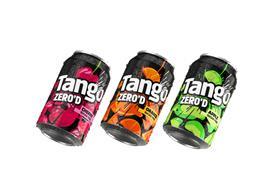
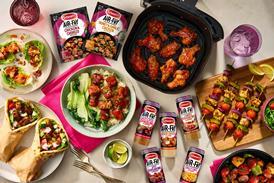









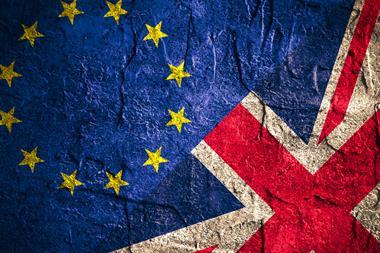
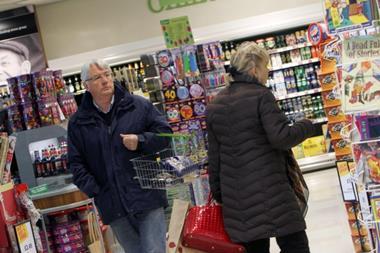
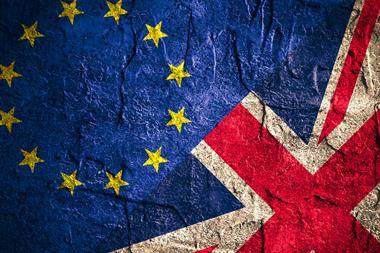





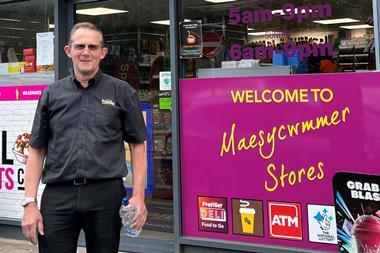
No comments yet